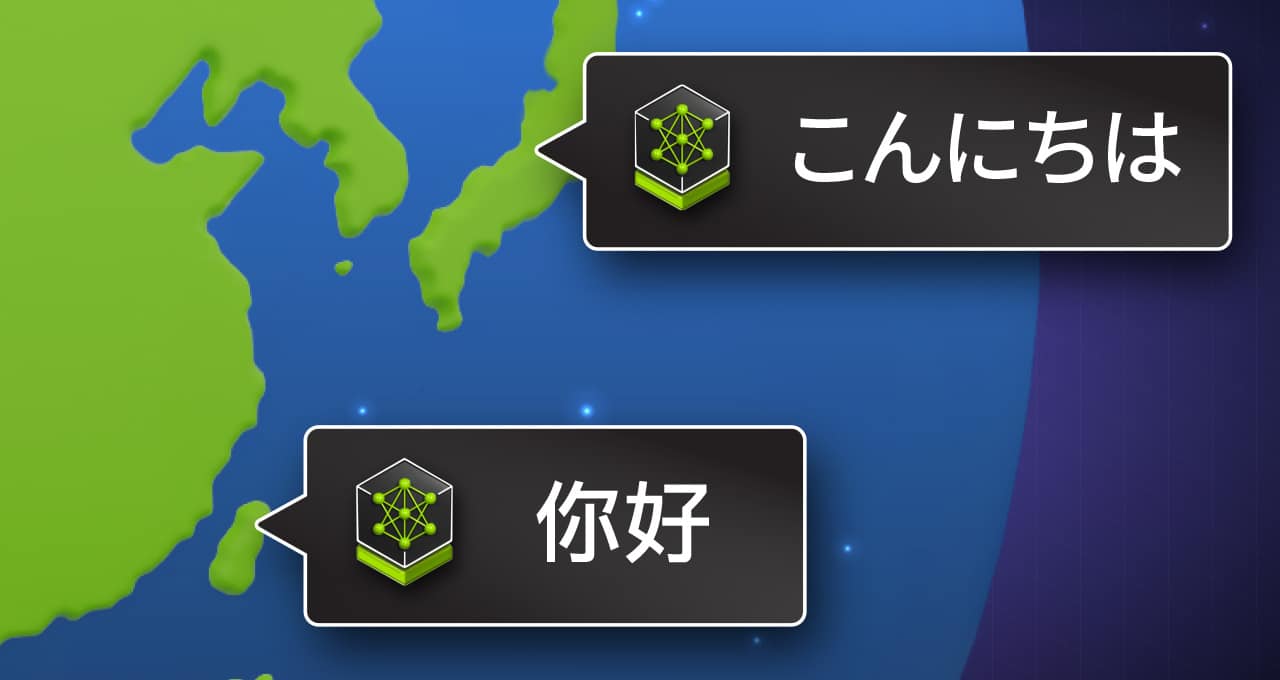
The Imperative of Sovereign AI for Taiwan’s Future
In an era marked by the meteoric rise of artificial intelligence (AI) technologies, the focus on developing sovereign AI has intensified across the globe. For nations like Taiwan, this endeavor has transcended mere technological advancement; it is now viewed as a critical pillar for safeguarding digital sovereignty and cultural integrity.
With China’s AI capabilities progressing rapidly, Taiwan faces a pressing need to cultivate its own sovereign AI ecosystem. The significance of independence in AI development cannot be understated, as reliance on foreign technologies exposes national security vulnerabilities and raises concerns about cultural and ideological influence. It is essential for Taiwan to establish control over its digital landscape to maintain its economic, societal, and cultural autonomy.
 The drive towards sovereign AI in Taiwan highlights the importance of local cultural context.
The drive towards sovereign AI in Taiwan highlights the importance of local cultural context.
Taiwan’s experience with AI tools, particularly the Chinese-language variant of OpenAI’s ChatGPT, underscores this urgency. The training models employed by these tools are disproportionately influenced by data from mainland China, leading to a mismatch in linguistic and cultural relevance for Taiwanese users. For instance, nuances in terminology, such as in the translations of words like “lean” and “sustainable development,” reveal a divergence that could shape local language and thought over time. ChatGPT’s adaptation tends to follow mainland terminologies, reinforcing mainland perspectives rather than respecting Taiwan’s unique cultural context.
This linguistic erosion is not just a trivial concern; it has the potential to shift societal values and ideologies subtly but significantly. As stated in a recent discussion, “the implications of misaligned AI vocabulary could very well redefine the cultural dialogues within Taiwan.” If the population increasingly interacts with products like China’s Ernie Bot, the ideological ramifications could extend beyond mere language to impact societal structures and democratic resilience.
A Local Response to Global Challenges
In response to these challenges, Taiwan is rallying to champion the development of its artificial intelligence infrastructure. A key initiative is the Trustworthy AI Dialogue Engine (TAIDE), spearheaded by the National Science and Technology Council. This local endeavor leverages Meta’s open-source Llama 3 model, ensuring that training data is rich in traditional Chinese linguistic elements unique to Taiwan.
By developing localized AI tools, Taiwan aims to provide services that are not only culturally resonant but also strategically aligned with its national interests. However, the path forward is fraught with challenges, particularly concerning the quality and volume of training data that reflects Taiwan’s diverse linguistic heritage.
Efforts to develop localized AI models are underway to sustain Taiwan’s unique identity.
Countries worldwide are embarking on similar sovereignty-focused AI journeys. France and the UK, for example, have invested in creating AI systems that mirror their cultural identities, with projects like France’s Mistral AI and Britain’s BritGPT. In Asia, Singapore’s partnership with Nvidia for the SEA-LION LLM model illustrates a proactive strategy aimed at ensuring that AI development respects local languages and cultures. This global trend further highlights the urgency for Taiwan to solidify its digital independence.
Government’s Role in AI Development
The government plays a pivotal role in nurturing this transformative landscape. By digitizing public services through generative AI—similar to Singapore’s Pair project—Taiwan can enhance operational efficiency while ensuring strong data protection protocols. This model not only streamlines bureaucratic processes but also sets a precedent for leveraging AI in public service that avoids the pitfalls of foreign reliance.
Taiwan’s continuous experimentation and boldness in implementing AI technologies represent the cornerstone of its strategy to reclaim digital sovereignty. The success of projects like TAIDE will depend on the government’s commitment to cultivate a robust framework that fosters domestic AI capabilities.
Conclusion: Building a Resilient Future
In conclusion, the discourse surrounding sovereign AI is no longer a theoretical framework; it is an operational imperative that Taiwan must pursue. As the global landscape of AI evolves, Taiwan has a unique opportunity to carve out its own narrative in the digital space, ensuring that its culture, language, and societal values remain resilient against external influences.
A focus on sovereign AI will not only secure Taiwan’s technological future but also strengthen its cultural integrity in an increasingly interconnected world. As such, it is crucial for all stakeholders—government, industry, and academia—to collaborate and forge a path towards a robust, independent AI ecosystem that reflects the unique character of Taiwan.















